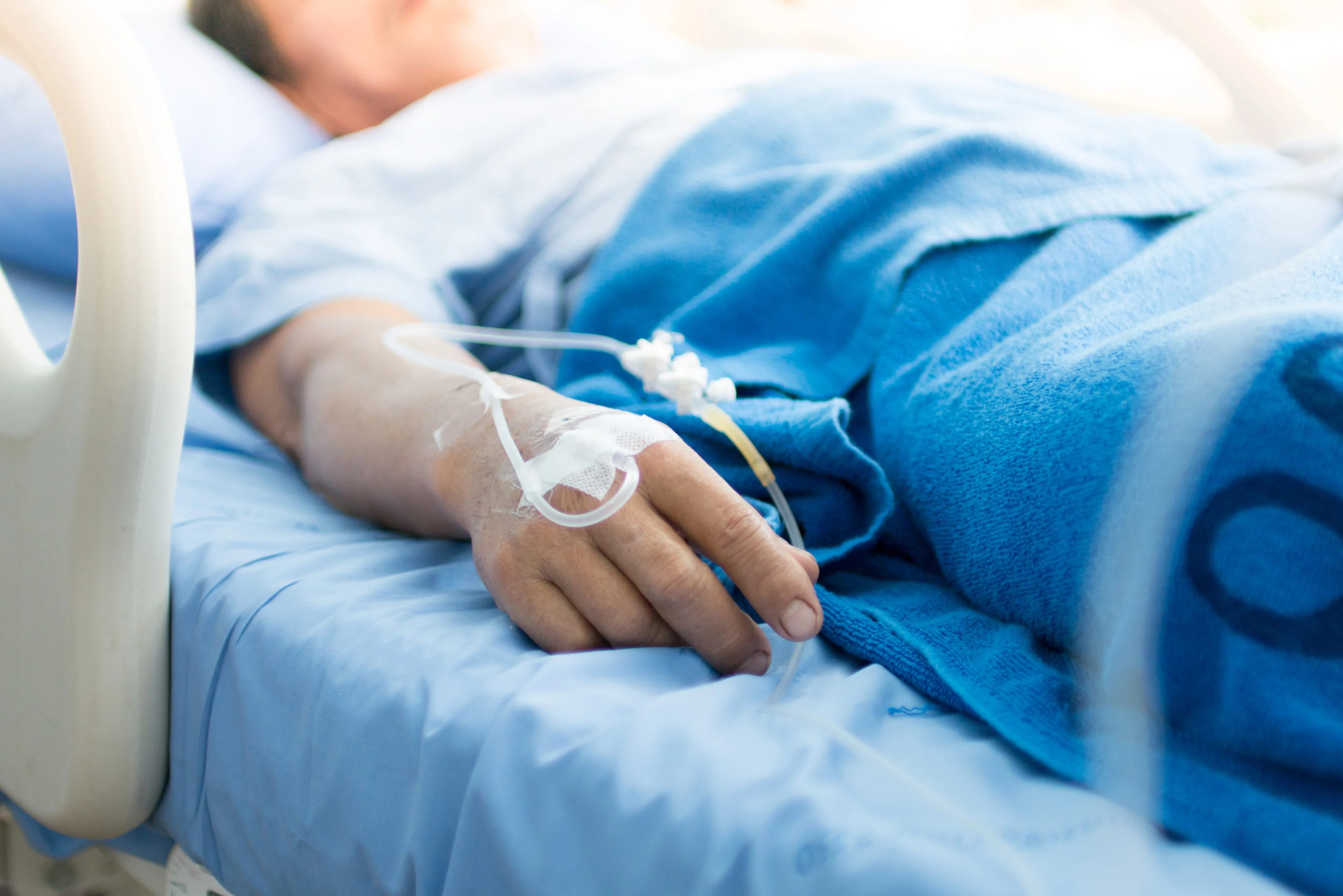By Eva Sit
We are constantly reminded that we need to take better care of ourselves, and we take that seriously – we try to eat less, drink more water, get better sleep and work out more.
These are important things because they help extend our physical health. But what is also important, and often overlooked, is the need for us to take care of ourselves when our health fails and we become unable to make decisions for ourselves.
It is prudent – and I would say necessary – to have a system in place that we can be taken care of in the way we prefer when our health fails to the point that we cannot make decisions for ourselves.
Many may think that these are unnecessary, because can we not rely on our families or our healthcare system to do that for us? The short answer is that you can, but only up to a point.
Take this example. I have lost capacity, meaning my mental and cognitive abilities have declined to the point that I am considered no longer able to make decisions for myself.
I then suffer from a serious illness that requires treatment and constant care. But since I have no capacity, I cannot even draw money from my bank account to pay for my treatment and care. It may be that I have family who are able and willing to pay for that; but what if they do not have the financial means to do so, while I do?
Even if they have the means to do so, do I want them to drain their resources for my treatment and care that may go on for a considerable period of time? And what if that treatment is unable to cure me, and more or more invasive methods are required – at what point do the doctors stop, and who is to make that decision to fight or stop for me?
These are serious and real questions and, without planning, when they arise it will often be too late to do anything about them. The family and person affected end up struggling to manage the situation the best they can, which is less than ideal.
These concerns can be ameliorated to some extent through the use of an enduring power of attorney (EPA), which addresses financial provision matters, and an advance medical directive (AMD), which deals with decisions on life-sustaining treatments in terminally ill situations.
An EPA is a legal document by which one person (A) appoints another person (B) as A’s attorney, so that if and when A becomes mentally incapacitated, B can manage those of A’s assets as specified in the EPA (and only those assets).
The EPA is governed by the Enduring Powers of Attorney Ordinance (Cap. 501), under which there are prescribed formalities for the EPA’s form and execution, requirements for registration with the High Court which allow for access and inspection, express duties to a very high standard (of fiduciary nature) imposed on the attorney, and provision for court supervision on application.
Once properly executed and registered, an EPA continues to have legal effect even when A loses capacity (i.e. it “endures”). In this way, the appointed attorney (B) will be able to make use of A’s assets as specified in the EPA to take care of A.
An AMD is a legal document in which a person gives instructions in advance to refuse life-sustaining treatment under specified preconditions to reduce unnecessary burden and suffering when death is imminent and he is no longer able to make decisions for himself because of illness or incapacity.
It is important to note that an AMD does not allow for euthanasia or physician-assisted suicide, which are illegal in Hong Kong, nor does it prevent basic care such as oral feeding or palliative care.
AMDs are not new. The Hospital Authority has been implementing them administratively since 2010, and they have been given statutory backing recently by the Advance Decision on Life-sustaining Treatment Ordinance (expected to come into effect in May 2026).
The enactment helps entrench protection given to the maker of the AMD, in ensuring that he has a full understanding of the nature and effect of the AMD as verified by a registered medical practitioner when he makes the AMD, that he has full rights of revocation of the AMD, and that a valid AMD will be followed according to its terms so that his wishes will be respected.
It also provides protection to the treatment provider who can follow the instructions in the AMD without undue worry about incurring legal liability.
The EPA and AMD will not solve all the problems, but they are useful tools that give effect to autonomy and dignity by allowing one to plan in advance and focus on the question of how one wants to live one’s life even when one is no longer able to make decisions.
Eva Sit SC is the current vice-chairman of the Hong Kong Bar Association and a commercial litigator.
Legal Tales is a new weekly column by senior members of the Hong Kong Bar Association presenting their perspectives on current affairs.
